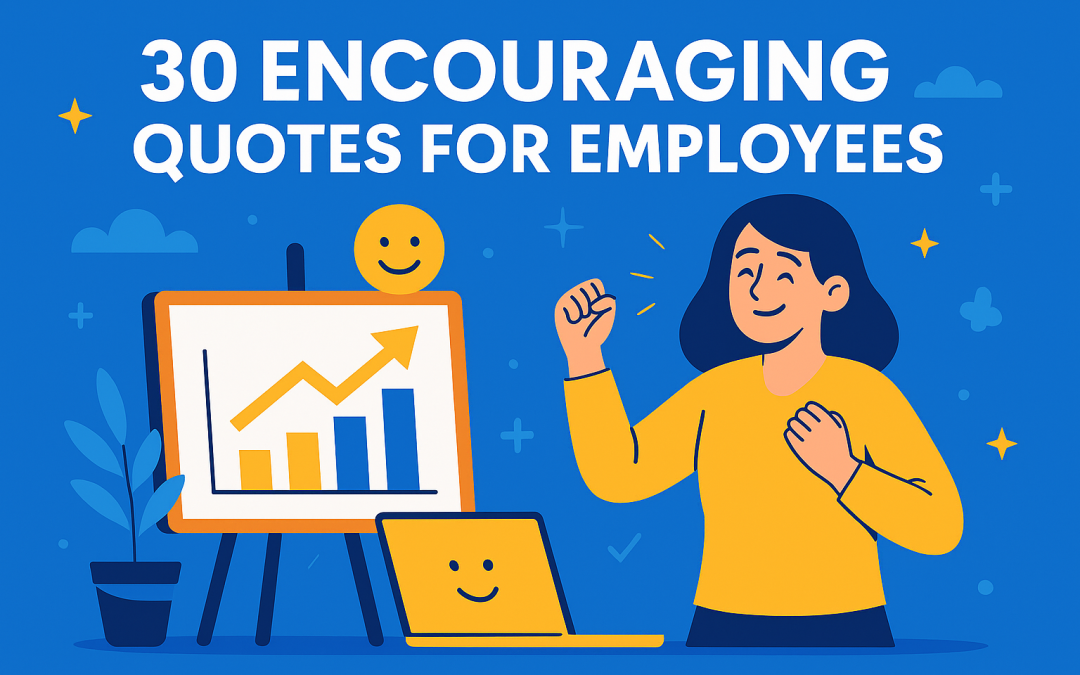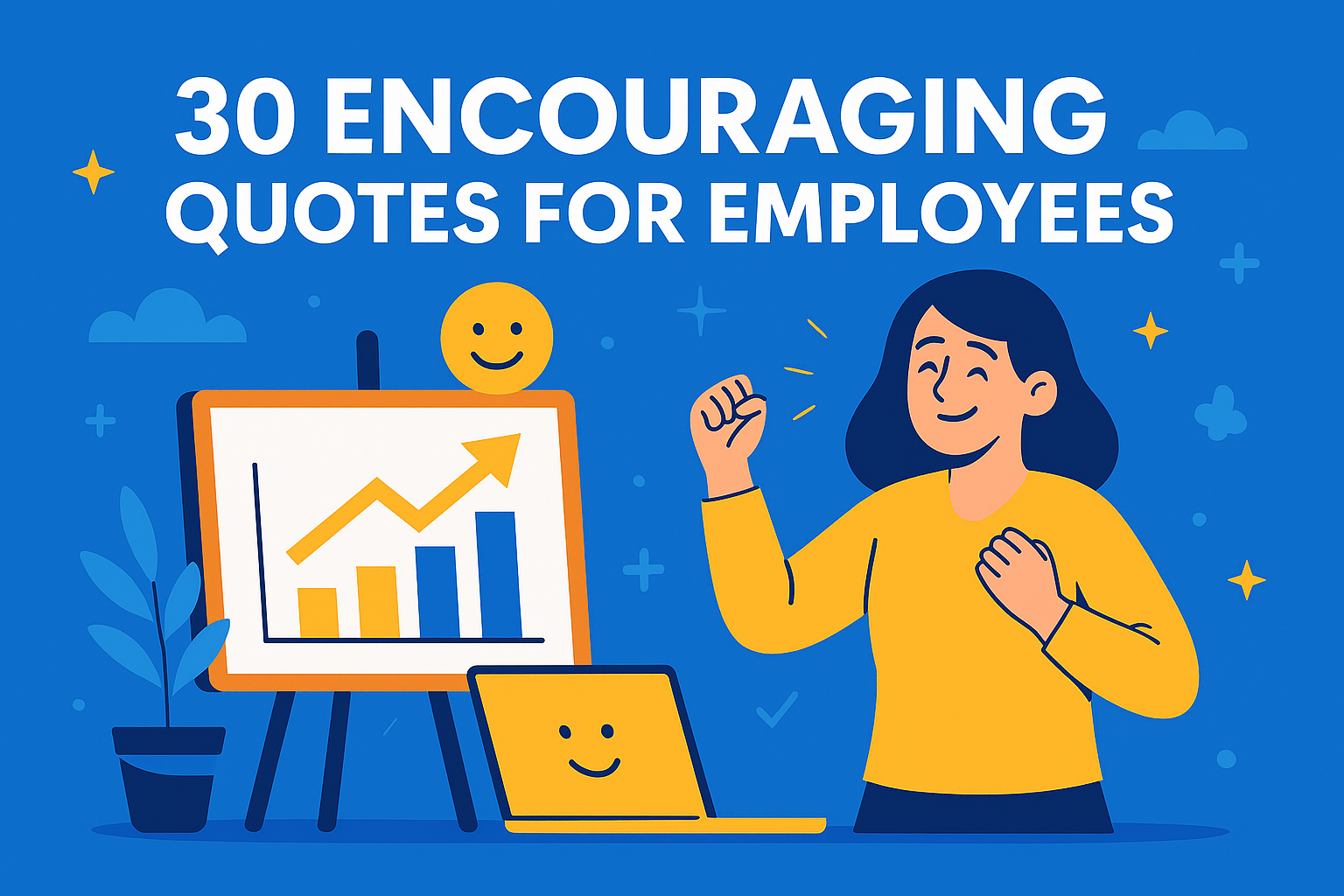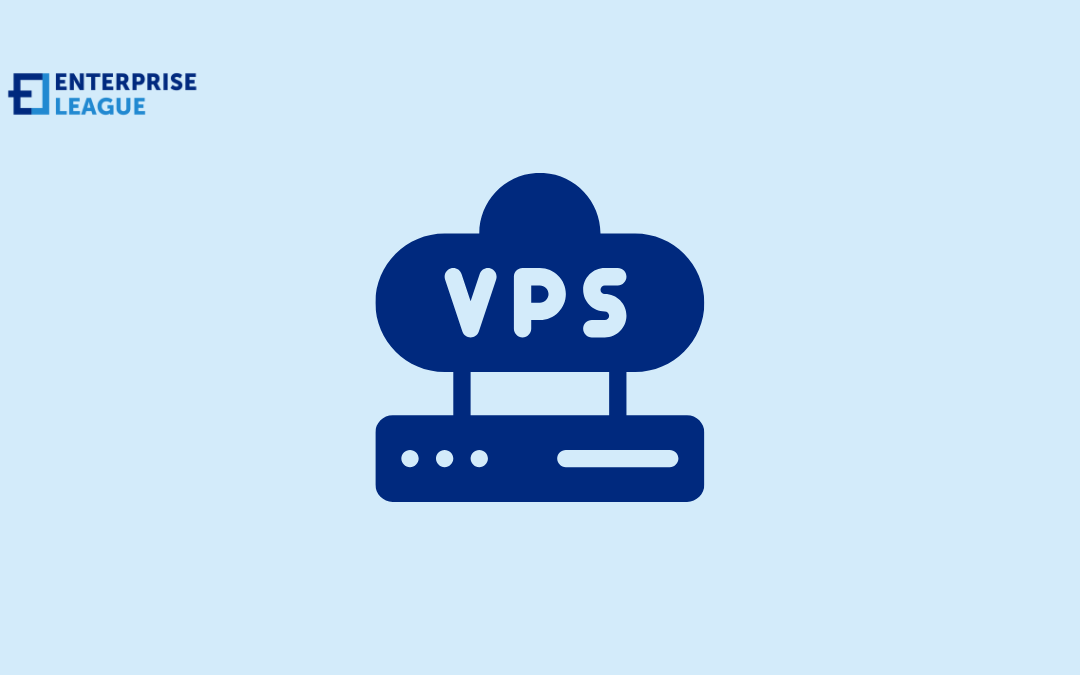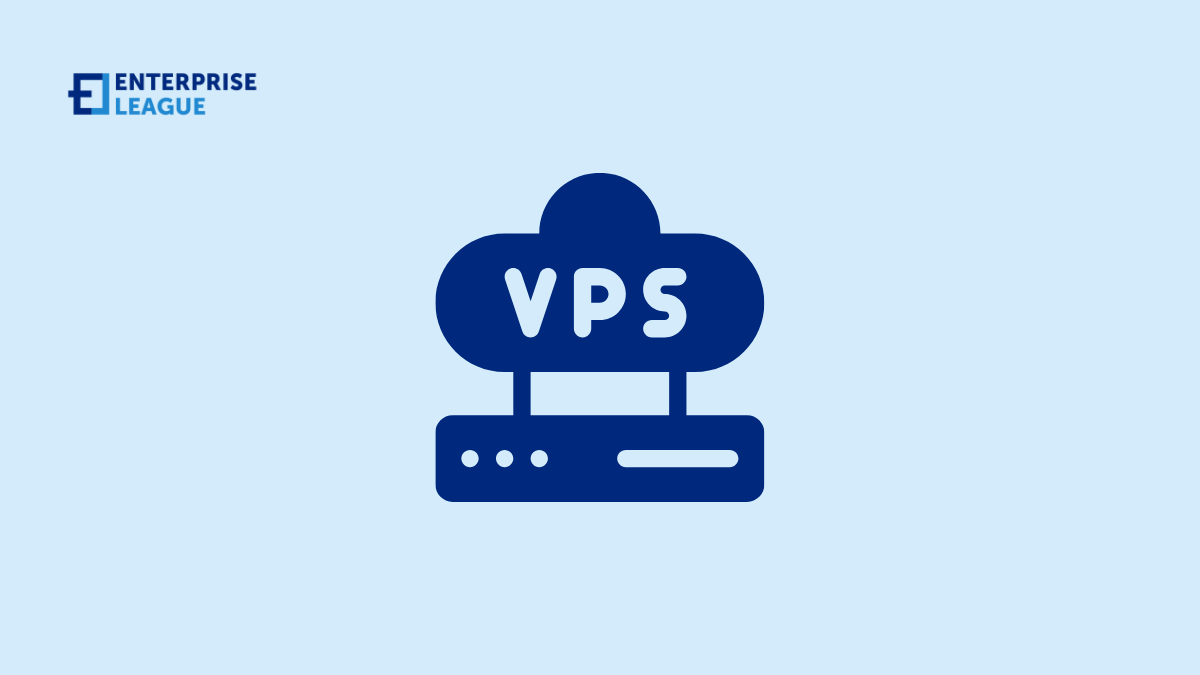For business owners and entrepreneurs, owning a premium powerboat represents more than just a status symbol at the marina. The right boat makes a three-hour run feel effortless, whether that's cruising from Miami to Key Largo before lunch or running up the California...
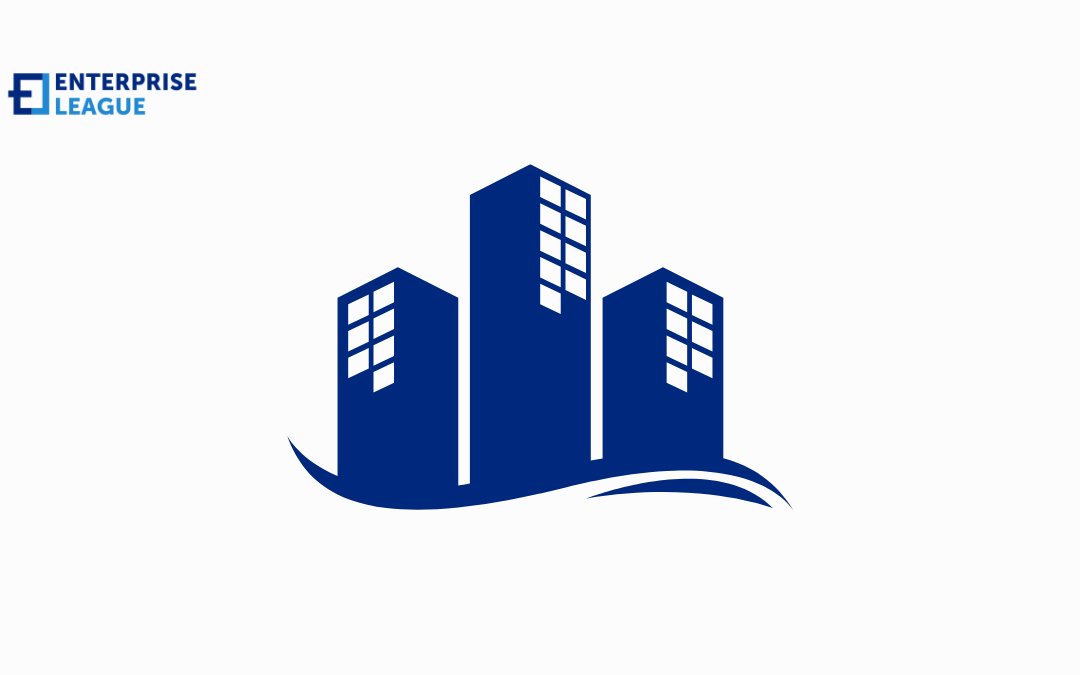
19 real estate business ideas that let you start small and grow loud (2026)
19 real estate business ideas that let you start small and grow loud (2026)
January 15, 2026
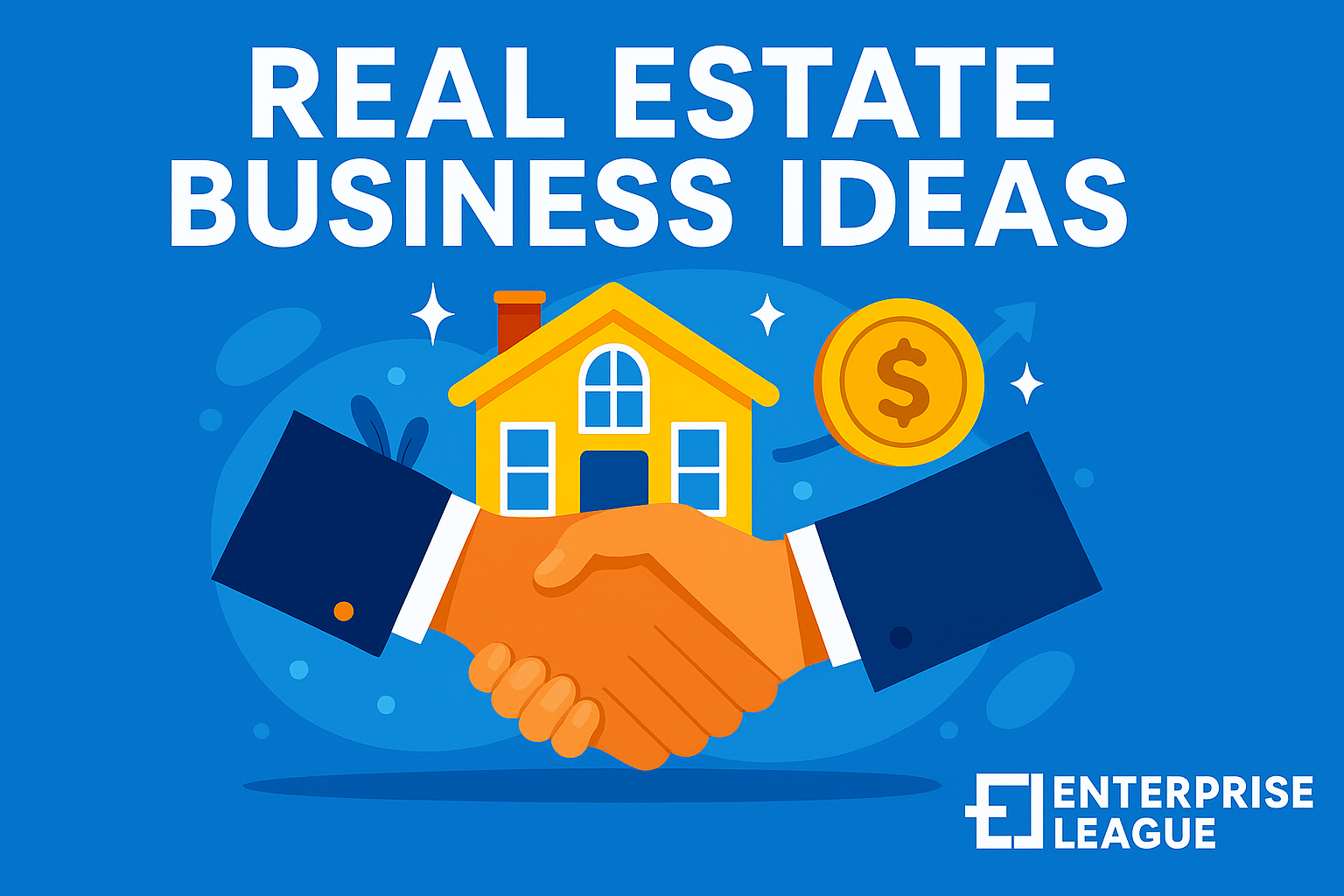
The real estate industry stands as one of the most dynamic sectors, embracing changes as not just inevitable but as opportunities for growth and innovation. This fluidity is underscored by the substantial contribution of real estate to the global economy, representing approximately 6.5% of global GDP as of 2024. “Real estate success today hinges on innovation and audience reach via digital platforms, think TikTok, text campaigns, and virtual tours.” – Katie Lance, real estate marketing expert
Given this context, the notion of waiting for “a great time” to enter the real estate business becomes less pertinent. The industry’s sheer size and its continuous evolution mean that unique and forward-thinking real estate business ideas have the potential to find their niche and thrive as they reach their customers through social media (think TikTok and Instagram), text messages via a mass text message application, and other modern channels.
Top 19 real estate business ideas
Here are some creative real estate business ideas that you can start right away.
Quick Overview: Top Real Estate Startups to Start Small in 2026
- Architect Services: from concept to permitting
- Niche Blogging: property insights via content
- Wholesaling / Flipping: low-capital yet high-margin
- Vacation Rentals & Airbnb Hosting: passive income
- Niche Services: landscaping, staging, cleaning
- PropTech Innovation: digital tools for market disruption
Scroll down for profitability estimates and growth timelines.
Architect
Architect is a building design service that helps clients conceptualize and bring to reality residential or commercial spaces tailored to their aesthetic, functional, and environmental goals. Whether modern homes, office renovations, or adaptive reuse of old structures, architects shape how people experience and connect through thoughtfully crafted buildings and spaces. Beyond pure creative vision, architects provide technical drawings, permits, and project oversight to responsibly manifest intended design outcomes.
For home or business owners lacking design experience, hiring an architect reduces hassles and prevents costly changes mid-construction by guiding decisions with user-centricity from the start. Customized care also upholds a unique brand identity for companies versus default cookie-cutter buildings. As communities rightfully expect sustainability too, ethical architecture uplifts efficiency, accessibility, and harmony between the built and natural worlds.
How much you can make: $50K – $500K annually
How much does it cost to start: $10K – $50K
How long does it take to build: 3-6 months
Real estate blogger
A straightforward concept for a real estate venture is launching a blog focusing on the property market. For those with experience buying, selling or investing in real estate, or who have an in-depth grasp of housing trends, writing and publishing articles online about this sector could be a feasible business pursuit. Sharing commentary and analysis on this topic may attract an audience.
How much you can make: $50k+ per year once established
How much does it cost to start: Minimal cost to start a blog
How long does it take to build: 1-2 years to build an audience and generate income
Become a landlord
Owning investment properties to lease can lay the foundation for business concepts in real estate. Generating income by purchasing a property and renting it to tenants can be profitable if done strategically. Creating a detailed plan for aspects like financing, tenants, maintenance, and more and thoughtfully executing it are keys to succeeding with this type of hands-on real estate endeavor.
How much you can make: Returns vary greatly, target 8-12% annually
How much does it cost to start: 20% down payment on property, closing costs
How long does it take to build: Immediate cash flow but takes years to see returns
Start a landscaping business
A promising hands-on real estate business is offering landscaping services. This involves planting greenery, modifying terrain, and maintaining outdoor spaces to boost aesthetics and property values. Tasks may include installing hardscapes like patios, walkways or ponds too. With low barriers to entry and America’s growing landscaping industry, offering these services that beautify and manage outdoor residential and commercial properties can be lucrative.
How much you can make: $40k-60k profit potential
How much does it cost to start: $10k for equipment
How long does it take to build: 1 season to establish and grow
Garden services business
Offering gardening services represents a promising business idea requiring little prior expertise. America’s hectic lifestyle leaves countless busy homeowners seeking help tending their outdoor spaces. By positioning yourself as a reliable, ethical provider of essential services like lawn mowing, planting, weeding and more, you can build a client base. Lean into the high demand in this market by launching a flexible gig meeting customers’ landscaping needs.
How much you can make: $30k-50k profit potential
How much does it cost to start: $2k-5k for tools and supplies
How long does it take to build: 1 season to get started
Property management
Consider providing property oversight and tenant coordination, featuring duties like screening applicants, collecting payments, arranging repairs, and inspecting sites. For those with strong interpersonal skills who like engaging with real estate and clients, this could be an ideal service business. Capitalize on increasing rental demand by launching your own full-service property administration and management gig.
As part of the service, property managers often support tenant move-ins and relocations, including coordinating with long distance movers in Los Angeles or other cities when tenants are moving from outside the local area.
How much you can make: $50k+ in management fees
How much does it cost to start: $2k-5k to start
How long does it take to build: 3-6 months to acquire properties
Real estate wholesaling
Serve as an intermediary facilitator in real estate deals by connecting sellers and buyers, then flipping the contracted property to an end investor for positive arbitrage. This strategic concept leans on strong relationship-building abilities and familiarity with area property valuations and demand. Network extensively to source discounted homes, then bridge the gap by assigning contracts to those financing fixes and flips for final purchase.
How much you can make: $50k-100k+ per deal
How much does it cost to start: Minimal startup costs
How long does it take to build: 6-12 months to close first deals
Vacation rental management
Consider overseeing short-term rental properties for absentee owners by handling essential administration like listings, reservations, guest relations, housekeeping and repairs. This service-based business aligns well with getaway destinations or second-home markets such as Vermont mountain home or Minnesota lake cabin rentals, allowing clients to invest in visitor accommodations worry-free. Lean into the growth in sites like Airbnb by launching your own full-service vacation rental management solution.
How much you can make: $50k+ in management fees
How much does it cost to start: $2k-5k to start
How long does it take to build: 6-12 months to acquire properties
Home staging
Help homeowners showcase properties for sale by artfully furnishing, decorating and lighting them to highlight aesthetics and functionality for buyers. This creative concept relies on an eye for design and grasp of what appeals to today’s purchasers. Launch your own staging service to leverage booming housing demand, using savvy furnishings rentals and visual merchandising to quickly and affordably upgrade listings.
How much you can make: $50k+ revenue potential
How much does it cost to start: $5k for furniture and accessories
How long does it take to build: 3-6 months to acquire clients
Property flipping
Try your hand at purchasing discounted or rundown homes, overhauling them, and reselling at market value. This strategic concept relies on accurately spotting fixers with purchase potential, remodeling know-how to cost-effectively enhance aesthetics and function, and awareness of area sales prices and demand. Lean into the hot housing market by launching your own house flipping operation to build equity through sweat and savvy.
How much you can make: $50k+ profit per flip
How much does it cost to start: House down payment and rehab budget
How long does it take to build: 6-12 months per flip
Senior living
Concentrate on constructing or operating housing tailored to older adults, like retirement towns, helped living centers, or care homes. This concept takes advantage of the expanding population of aging people requiring specially designed residences with amenities, care services, and accessibility features.
How much you can make: $150k+ net profit
How much does it cost to start: $500k+ startup costs
How long does it take to build: 2+ years to fill occupancy
Green real estate
Consider an environmentally conscious real estate niche by focusing on energy-efficient and sustainable buildings. Offer specialized services to buyers and sellers of green homes, whether new construction or renovated. Provide consultations on solar panels, recycled materials, low-emission finishes and more. Lean into demand for reduced footprint living by positioning yourself as an expert guide for practical steps towards property carbon neutrality.
How much you can make: $100k+ profit on green certified builds
How much does it cost to start: 5-10% premium on build costs for sustainability features
How long does it take to build: Same build timeline as traditional real estate
Real estate tech start-up
Consider launching a smart technology venture geared toward digitally transforming the real estate process. From leveraging AI to upgrading listing platforms to automating lease entries, proptech innovations meet surging demand for mobility and efficiency. Whether building a portal from scratch or refining an existing tool like virtual showings to reduce hassles, estate entrepreneurs can disrupt old models with scalable, market-tested concepts. “PropTech startups that leverage automation and remote tools are disrupting real estate operations with both scalability and ROI.” – Brandon Weber, CEO of OwnerRez
How much you can make: $10M+ valuation potential
How much does it cost to start: $50k+ initial funding
How long does it take to build: 2-3 years to gain traction
Real estate investor
Strategically acquiring income-generating properties promises healthy long-term profits and consistent cash flow for patient financiers. As an investor, target assets leased or resold at future valuation for portfolio growth. Whether small fixer-uppers or commercial buildings, pragmatic purchases cultivated over time through savvy and sweat build equity and stability. Approach the market as an asset builder, not a quick flipper, to assemble a mini empire brick by brick.
How much you can make: 10-20% annual returns
How much does it cost to start: 20% down payment
How long does it take to build: 3-5 years to see returns
Airbnb host
Capitalizing on the sharing economy, everyday homeowners can generate income by listing unused living spaces on sites like Airbnb. As a short-term rental operator, you control availability on your own schedule. Whether hosting travellers in a spare bedroom or vacating a full property, you custom set booking parameters, rates, house rules and more while platform algorithms handle screening and payments.
How much you can make: $20k-50k+ annual income
How much does it cost to start: Less than $5k startup costs
How long does it take to build: 1-2 months to acquire bookings
Cleaning services
Help owners and renters by launching a cleaning service specializing in tidying all types of buildings through essential maintenance services. Offerings may include routine house and office cleaning, scrubbing carpets, washing windows, turnover service between occupants, construction finish work, and more. Capitalize on clients’ busy schedules by positioning your business as the handy helper for spotless spaces.
How much you can make: $50k-100k profit
How much does it cost to start: Less than $2k initial costs
How long does it take to build: 6-12 months to establish
Real estate crowdfunding platform
Build a web application that democratizes real estate investing by allowing everyday people to contribute small sums of money to pooled investment funds for various real estate projects. This makes professional-grade real estate previously accessible only to elite investors open to regular people. Participants earn passive income from the rental profits or a share of the returns when properties are sold, minus platform fees.
How much you can make: $10M+ valuation potential
How much does it cost to start: $250k+ startup costs
How long does it take to build: 2-3 years to gain traction
Tiny home and alternative living solutions
Specialize in small-footprint, sustainable housing options like tiny homes and converted shipping containers. Appeal to environmentally-conscious and minimalist buyers seeking more affordable and efficient spaces with a lower carbon impact. Offer custom design, construction, and consultation around alternative living arrangements tailored to unique lifestyles and values.
How much you can make: $75k-150k+ profit potential
How much does it cost to start: $50k+ to build first homes
How long does it take to build: 6-12 months per project
Real estate photography and staging
Start a real estate visual marketing company specializing in top-notch photography and staging for home listings. Use your skills to dramatize properties, allowing realtors and sellers to exhibit dwellings in an appealing manner that spotlights the best features. Help clients make a great first impression on potential buyers through impactful images and strategic showcasing of homes. “Visual presentation and client convenience sell homes faster, home staging and short-term rental services are growth areas for a reason.” – Jessica Lautz, NAR VP, Real Estate Research
How much you can make: $75k+ revenue potential
How much does it cost to start: $10k equipment costs
How long does it take to build: 6-12 months to establish clientele
Want to accelerate your real estate venture’s growth?
Enterprise League connects you with property investors, small business vendors, design consultants, and startup founders looking to collaborate. Create your free profile or browse our company directory now to start building profitable partnerships.
Conclusion
With the real estate market always on the move—property values going up and down and buyer and seller needs constantly changing—unique but applicable real estate business ideas can always be a great way to get into the industry. Stay aware of the changes in the industry, offer great experience to your customers and we are sure that you can turn your real estate business idea into a successful business. As a bonus, take a look at these successful real estate startups that will encourage you even more.
More must-read stories from Enterprise League:
-
Breaking into property flipping? These successful real estate startups will inspire your next move.
-
Thinking long-term? Explore property management business ideas that scale with your portfolio.
-
Not ready to buy yet? Check out creative side hustles for real estate enthusiasts that pay off.
-
Got an eye for design? These home staging business ideas turn aesthetics into income.
-
Looking for modern angles? These proptech business ideas show how tech is transforming the industry.
Related Articles
What’s the Best Luxury Powerboat Company? Here Are 5 You Should Know
Who Offers Free Roofing Estimates? 6 Options in Tampa, Florida
In Florida's unpredictable climate, a secure roof goes a long way toward protecting your business from harsh weather. Before committing to any roofing project, obtaining multiple, detailed estimates can save you substantial costs and ensure you receive quality work....
How Thoughtful Home Design Supports Better Work and Living
The lines between home and office have blurred. More professionals than ever are working from their dining tables, spare bedrooms, and kitchen counters. As remote and hybrid work become standard practice, the way we design our homes has taken on new importance. A...
What’s the Best Luxury Powerboat Company? Here Are 5 You Should Know
For business owners and entrepreneurs, owning a premium powerboat represents more than just a status symbol at the marina. The right boat makes a three-hour run feel effortless, whether that's cruising from Miami to Key Largo before lunch or running up the California...
Who Offers Free Roofing Estimates? 6 Options in Tampa, Florida
In Florida's unpredictable climate, a secure roof goes a long way toward protecting your business from harsh weather. Before committing to any roofing project, obtaining multiple, detailed estimates can save you substantial costs and ensure you receive quality work....








